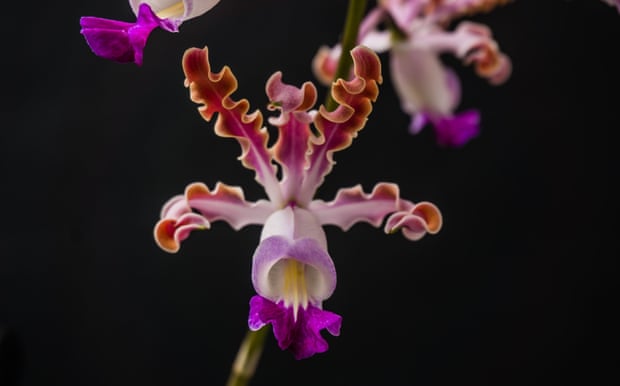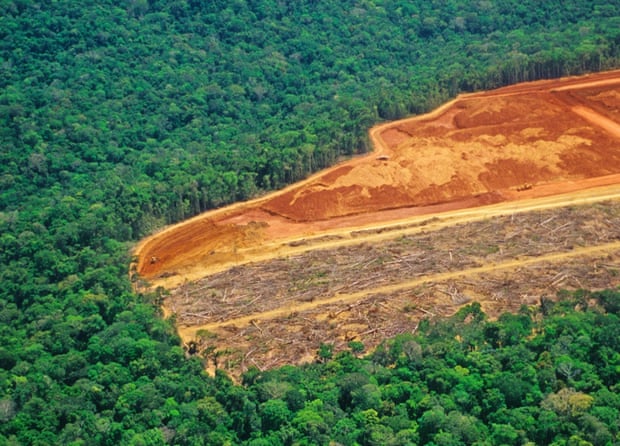There are three books I recommend about the Flipside, written from the POV of people who are no longer on the planet.
I talk a bit about Annie Kagan's book The Afterlife of Billy
Fingers" in It's a Wonderful Afterlife: Further Adventures in the FlipsideVol 1;" -- Having read Galen Stoller's " My Life After Life" and
Erik Medhus' "My Life After Death," I think it's worth comparing all
three - first person perspectives from the flipside. (Galen Stoller writes the foreword to "It's a Wonderful Afterlife: Further Adventures in the Flipside" Volume two with the help of his dad and a medium.)
Not one person's POV (like
most books on spiritual topics are) but three people basically the same things
about what they experienced just after life, what they're experiencing now
after they've checked off the planet. Not every observation is the same (how
could it be? we each have our own path and journey) but enough is the same (a
feeling of being still here, but not "here" - classrooms, teachers,
soul groups, life reviews, a sense of unconditional love and insight into the
human condition) to make it worth examining.
When compared to near death
experiences and between life hypnotherapy sessions it comes together like a
massive puzzle. (at least for me).
And now.. the overview effect:
 |
| Astronaut Scott Kelly's shout out to the US from space |
"Good morning western USA" from a guy who's spent a year in space. You think he's concerned about whatever it is people are concerned about down here, raging about? Or just kind of in awe? I choose awe and the #overvieweffect.
NASA's Earth Observatory
NASA astronaut Scott Kelly (@StationCDRKelly), currently on a year-long mission on the International Space Station, took this photograph and posted it to social media on Aug. 10, 2015. Kelly wrote: "#GoodMorning to those in the western #USA. Looks like there's a lot going on down there. #YearInSpace"
The space station and its crew orbit Earth from an altitude of 220 miles (359 kilometers), traveling at a speed of approximately 17,500 miles (28,100 kilometers) per hour. Because the station completes each trip around the globe in about 92 minutes, the crew experiences 16 sunrises and sunsets each day.
See his tweet at
See more astronaut photography at
And even more at
The overview effect is important when discussing this research about the Flipside. Because for those who've had a near death experience, or a between life experience via hypnosis, or an out of body experience that's profound - it alters their view of the planet. The overview effect is what astronauts experience after coming back to the planet - THEY NO LONGER SEE BORDERS OR HUMANS AS SEPARATED BY COLOR, GENDER, ORIENTATION, ETC. They have begun to see the planet as we see it from our perspective in the afterlife - one big ball of fun. It's worth repeating.
And finally; a new book that claims plants are sentient:
And finally; a new book that claims plants are sentient:
| Beech Tree, on the North Downs near Dorking, Surrey, UK. Photograph: Derek Croucher |
I prefer to call trees "lungs." After all, they not only look like them, they function the same but in reverse. So plants are sentient? Reminds me of one of my first short stories in grade school, guy with a new set of headphones suddenly hears screaming coming from outside. All he can see is a neighbor cutting grass...
Are plants intelligent? New book says yes
A new book, Brilliant Green, argues that not only are plants intelligent and sentient, but that we should consider their rights, especially in the midst of the Sixth Mass Extinction
Plants are intelligent. Plants deserve rights. Plants are like the Internet – or more accurately the Internet is like plants. To most of us these statements may sound, at best, insupportable or, at worst, crazy. But a new book, Brilliant Green: the Surprising History and Science of Plant Intelligence, by plant neurobiologist (yes, plant neurobiologist), Stefano Mancuso and journalist, Alessandra Viola, makes a compelling and fascinating case not only for plant sentience and smarts, but also plant rights.
For centuries Western philosophy and science largely viewed animals as unthinking automatons, simple slaves to instinct. But research in recent decades has shattered that view. We now know that not only are chimpanzees, dolphins and elephants thinking, feeling and personality-driven beings, but many others are as well. Octopuses can use tools, whales sing, bees can count, crows demonstrate complex reasoning, paper wasps can recognise faces and fish can differentiate types of music. All these examples have one thing in common: they are animals with brains. But plants don’t have a brain. How can they solve problems, act intelligently or respond to stimuli without a brain?
“Today’s view of intelligence - as the product of brain in the same way that urine is of the kidneys - is a huge oversimplification. A brain without a body produces the same amount of intelligence of the nut that it resembles,” said Mancuso, who as well as co-writing Brilliant Green, is the director of the International Laboratory of Plant Neurobiology in Florence.
As radical as Mancuso’s ideas may seem, he’s actually in good company. Charles Darwin, who studied plants meticulously for decades, was one of the first scientists to break from the crowd and recognise that plants move and respond to sensation – i.e., are sentient. Moreover, Darwin – who studied plants meticulously for most of his life, observed that the radicle – the root tip – “acts like the brain of one of the lower animals.”
Plant problem solvers
Plants face many of the same problems as animals, though they differ significantly in their approach. Plants have to find energy, reproduce and stave off predators. To do these things, Mancuso argues, plants have developed smarts and sentience....
Many plants will even warn others of their species when danger is near. If attacked by an insect, a plant will send a chemical signal to their fellows as if to say, “hey, I’m being eaten – so prepare your defences.” Researchers have even discovered that plants recognize their close kin, reacting differently to plants from the same parent as those from a different parent.
“In the last several decades science has been showing that plants are endowed with feeling, weave complex social relations and can communicate with themselves and with animals,” write Mancuso and Viola, who also argue that plants show behaviours similar to sleeping and playing.
So, instead of a single powerful brain, Mancuso argues that plants have a million tiny computing structures that work together in a complex network, which he compares to the Internet. The strength of this evolutionary choice is that it allows a plant to survive even after losing 90% or more of its biomass. ....
“The main driver of evolution in plants was to survive the massive removal of part of the body,” said Mancuso. “Thus, plants are built of a huge number of basic modules that interact as nodes of a network. Without single organs or centralised functions plants may tolerate predation without losing functionality. Internet was born for the same reason and, inevitably, reached the same solution.”
Having a single brain – just like having a single heart or a pair of lungs – would make plants much easier to kill.
“This is why plants have no brain: not because they are not intelligent, but because they would be vulnerable,” Mancuso said.
In this way, he adds, it may be better to think of a single plant as a colony, rather than an individual. Just as the death of one ant doesn’t mean the demise of the colony, so the destruction of one leaf or one root means the plant still carries on.
The wide gulf
So, why has plant sentience – or if you don’t buy that yet, plant behaviour – been ignored for so long?
Mancuso says this is because plants are so drastically different from us. He says it is “impossible” for us to put ourselves in the place of a plant.
“We are too different; the fruit of two diverse evolutive tracks...plants could be aliens for us,” he said. “But all the same we share with plants life, the same needs, we evolved on the same planet. In the end we respond in the same way to the same impulses.”

Yet, human actions – including deforestation, habitat destruction, pollution, climate change, etc. – have ushered in a mass extinction crisis. While plants in the past have fared better in previous mass extinctions, there is no guarantee they will this time.
“Every day a consistent number of plant species that we never met, disappears,” noted Mancuso who added that mass extinctions “are never happy events and I suspect that, despite their diversity, even plants don’t like to disappear.”
At the same time, we don’t even know for certain how many plant species exist on the planet. Currently, scientists have described around 20,000 species of plant. But there are probably more unknown than known.
“We have no idea about the number of plant species living on the planet. There are different estimates saying we know from 10 to 50% (no more) of the existing plants,” said Mancuso.
Many of these could be wiped out without ever being described, especially as unexplored rainforests and cloud forest – the most biodiverse communities on the planet – continue to fall in places like Brazil, Indonesia, Malaysia, the Democratic Republic of the Congo and Papua New Guinea, among others.
Yet, we depend on plants not only for many of our raw materials and our food, but also for the oxygen we breathe and, increasingly it seems, the rain we require. Plants drive many of the biophysical forces that make the Earth habitable for humans – and all animals.
“Sentient or not sentient, intelligent or not, the life of the planet is green...The life on the Earth is possible just because plants exist,” said Mancuso. “Is not a matter of preserving plants: plants will survive. The conservation implications are for humans: fragile and dependent organisms.”








